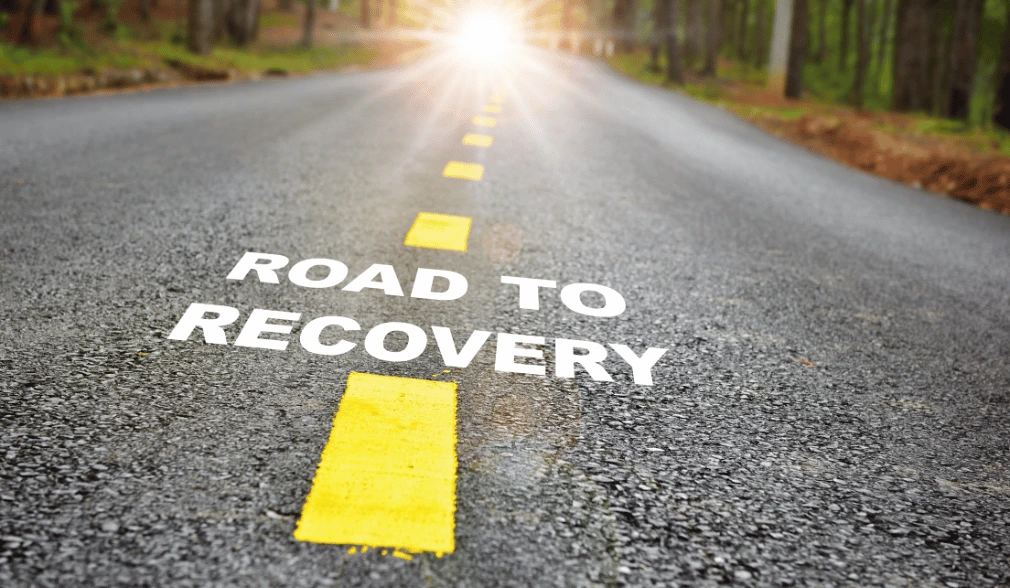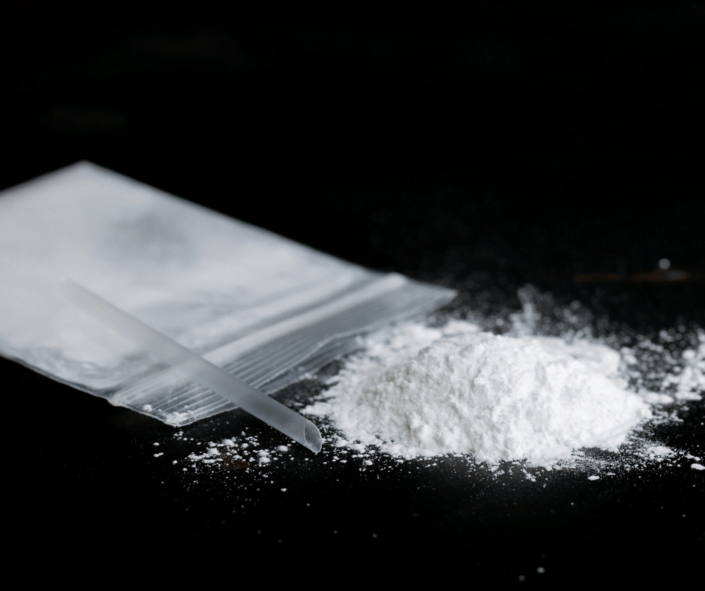
Are you or someone you love struggling with addiction? The road to recovery may seem long and daunting, but addiction treatment has the power to change lives. At InnerLife Recovery, we understand the challenges that come with addiction, and we are here to support and guide you on your journey to a healthier, happier life.
Our addiction treatment program is designed to address the physical, emotional, and psychological aspects of addiction. With a blend of evidence-based therapies, medical support, and compassionate care, our dedicated team of professionals is committed to helping you break free from the grip of addiction and reclaim your inner life.
Through individualised treatment plans, we work with you to identify and address the root causes of addiction, as well as provide the tools and strategies necessary for long-term recovery. Whether you’re struggling with alcohol, drugs, or other addictive behaviors, our comprehensive approach focuses on healing the mind, body, and spirit.
Don’t let addiction control your life any longer. Take the first step toward a brighter future and contact us today to get started on your road to recovery.
Understanding addiction: Causes and impact
Addiction is a complex disease that affects millions of people worldwide. It is characterised by compulsive drug use or engagement in addictive behaviours despite negative consequences. While the specific causes of addiction may vary from person to person, there are several common factors that contribute to its development.
Research has shown that certain individuals may be more susceptible to addiction due to genetic factors. Additionally, environmental factors such as childhood trauma, exposure to substance abuse, and peer influence can also contribute to the development of addiction.
The impact of addiction extends far beyond the individual struggling with the disease. It affects families, relationships, and communities, causing emotional, financial, and social problems. Addiction can lead to job loss, legal issues, deteriorating health, and even death. Recognising the impact of addiction is crucial in understanding the importance of seeking treatment.
The importance of addiction treatment
Addiction treatment plays a vital role in helping individuals overcome the challenges of addiction and regain control of their lives. It provides a structured and supportive environment where individuals can address the underlying issues that contribute to their addiction. Treatment programs are designed to help individuals develop the necessary skills and coping mechanisms to live a life free from substance abuse.
One of the key benefits of addiction treatment is the opportunity for detoxification and withdrawal management. When individuals stop using drugs or alcohol, they often experience uncomfortable and sometimes dangerous withdrawal symptoms. In a professional treatment setting, medical professionals can provide the necessary support and care to ensure a safe detoxification process.
Addiction treatment also offers a range of therapeutic interventions that address the psychological and emotional aspects of addiction. These may include individual counseling, group therapy, cognitive-behavioral therapy, and holistic approaches such as cold therapy or meditation. These interventions help individuals gain insight into their addiction, develop healthier coping strategies, and rebuild their self-esteem.
Types of addiction treatment programs
There are various types of addiction treatment programs available, each tailored to meet the unique needs of individuals seeking help. Residential or inpatient treatment programs provide 24/7 care in a controlled environment. This type of program is recommended for individuals with severe addiction or those who require a high level of support.
Outpatient treatment programs offer more flexibility, allowing individuals to receive treatment while maintaining their daily responsibilities. This option is suitable for individuals with a less severe addiction or those who have completed a residential program and require ongoing support.
The recovery process: Detoxification and withdrawal
Detoxification is often the first step in the recovery process. It involves the removal of addictive substances from the body and managing the associated withdrawal symptoms. Detoxification can be a challenging and uncomfortable process, but it is a necessary step towards long-term recovery.
During detoxification, medical professionals closely monitor individuals to ensure their safety and well-being. Medications may be administered to alleviate withdrawal symptoms and ease the discomfort associated with the detoxification process. It is important to undergo detoxification under the supervision of trained professionals to minimise the risk of complications.
Once the detoxification process is complete, individuals can transition into the next phase of treatment, which focuses on addressing the underlying causes of addiction and developing strategies for long-term recovery. This may involve individual therapy, group counseling, and the acquisition of life skills necessary for maintaining sobriety.
Therapeutic interventions in addiction treatment
Therapeutic interventions play a crucial role in addiction treatment and are designed to help individuals understand the root causes of their addiction, develop healthier coping mechanisms, and build a strong foundation for recovery.
Individual counseling provides a safe and confidential space for individuals to explore their thoughts, feelings, and behaviors related to addiction. A trained therapist can help individuals gain insight into their addiction, identify triggers and patterns, and develop strategies for managing cravings and avoiding relapse.
Group therapy offers a supportive and empathetic environment where individuals can connect with others who share similar experiences. It provides an opportunity to share stories, gain support, and learn from others who have successfully overcome addiction. Group therapy also helps individuals develop important social skills and build a network of sober support.
Cognitive-behavioral therapy (CBT) is a widely used therapeutic approach in addiction treatment. It focuses on identifying and challenging negative thoughts and behaviors that contribute to addiction. CBT helps individuals develop healthier coping strategies, improve problem-solving skills, and build resilience.
Holistic approaches such as cold therapy, NAD+ Infusion, oxygen therapy, breathwork and mindfulness practices are also incorporated into addiction treatment programs. These therapies help individuals explore their creativity, reduce stress, and promote self-expression. Holistic approaches recognise the interconnectedness of the mind, body, and spirit and aim to promote overall well-being.
Holistic approaches to addiction recovery
In addition to traditional therapeutic interventions, many addiction treatment programs incorporate holistic approaches to support individuals in their recovery journey. These approaches recognise the importance of addressing the physical, emotional, and spiritual aspects of addiction.
Physical fitness and nutrition play a significant role in addiction recovery. Regular exercise helps individuals reduce stress, improve mood, and boost overall well-being. A healthy diet provides the necessary nutrients for optimal brain function and supports the body’s healing process.
Mindfulness and meditation practices help individuals cultivate awareness and develop a greater sense of self-control. These practices promote relaxation, reduce anxiety and depression, and enhance overall mental well-being. By incorporating mindfulness into daily life, individuals can better manage cravings and make healthier choices.
Alternative therapies such as breathwork, yoga, and massage therapy are also widely used in addiction treatment. These therapies help individuals reduce stress, alleviate physical discomfort, and promote a sense of calm and relaxation. Alternative therapies provide individuals with additional tools for managing stress and maintaining sobriety.
The role of support groups and aftercare in long-term recovery
Support groups, such as Alcoholics Anonymous (AA) and Narcotics Anonymous (NA), play a crucial role in long-term recovery. These groups provide a supportive and non-judgmental environment where individuals can share their experiences, receive guidance, and build a network of sober support. Support groups offer a sense of belonging and help individuals stay motivated and accountable on their recovery journey.
Aftercare is an essential component of addiction treatment and involves ongoing support and resources for individuals after completing a treatment program. Aftercare may include continued therapy, support group meetings, sober living arrangements, and access to community resources. It provides individuals with the necessary tools and support to maintain their sobriety and prevent relapse.
Overcoming challenges in addiction treatment
Addiction treatment is not without its challenges. Individuals may encounter obstacles and setbacks along the road to recovery. It is important to remember that recovery is a lifelong journey and that relapse does not signify failure. By identifying and addressing these challenges early on, individuals can develop strategies for overcoming them and continue on their path to recovery.
One common challenge in addiction treatment is managing obsessions and triggers. Obsessions can be intense and overwhelming, making it difficult to resist the urge to use drugs or engage in addictive behaviors. Through therapy and support, individuals can develop coping mechanisms to manage their obsessions and avoid relapse.
Another challenge is rebuilding relationships and repairing the damage caused by addiction. Substance abuse often strains relationships with family members, friends, and coworkers. It takes time and effort to rebuild trust and mend broken relationships. Therapy and communication skills training can help individuals navigate these challenges and rebuild healthy relationships.
Finding healthy ways to cope with stress and emotions is another challenge in addiction recovery. Many individuals turn to drugs or alcohol as a way to escape or numb their emotions. Through therapy and alternative coping strategies, individuals can learn healthier ways to manage stress, regulate emotions, and find fulfillment in recovery.
Conclusion: Hope and healing through addiction treatment
Addiction is a debilitating disease that affects millions of individuals and their loved ones. However, with the right support and treatment, recovery is possible. Addiction treatment offers a lifeline to those struggling with addiction, providing the tools, resources, and support necessary for lasting recovery.
At InnerLife Recovery, we are dedicated to helping individuals overcome addiction and reclaim their lives. Our comprehensive addiction treatment program addresses the physical, emotional, and psychological aspects of addiction, providing individuals with the necessary tools for long-term recovery.
Don’t let addiction control your life any longer. Take the first step toward a brighter future and contact us today to start your road to recovery. There is hope, and healing is possible. Together, we can overcome addiction and build a life filled with joy, purpose, and fulfillment.






